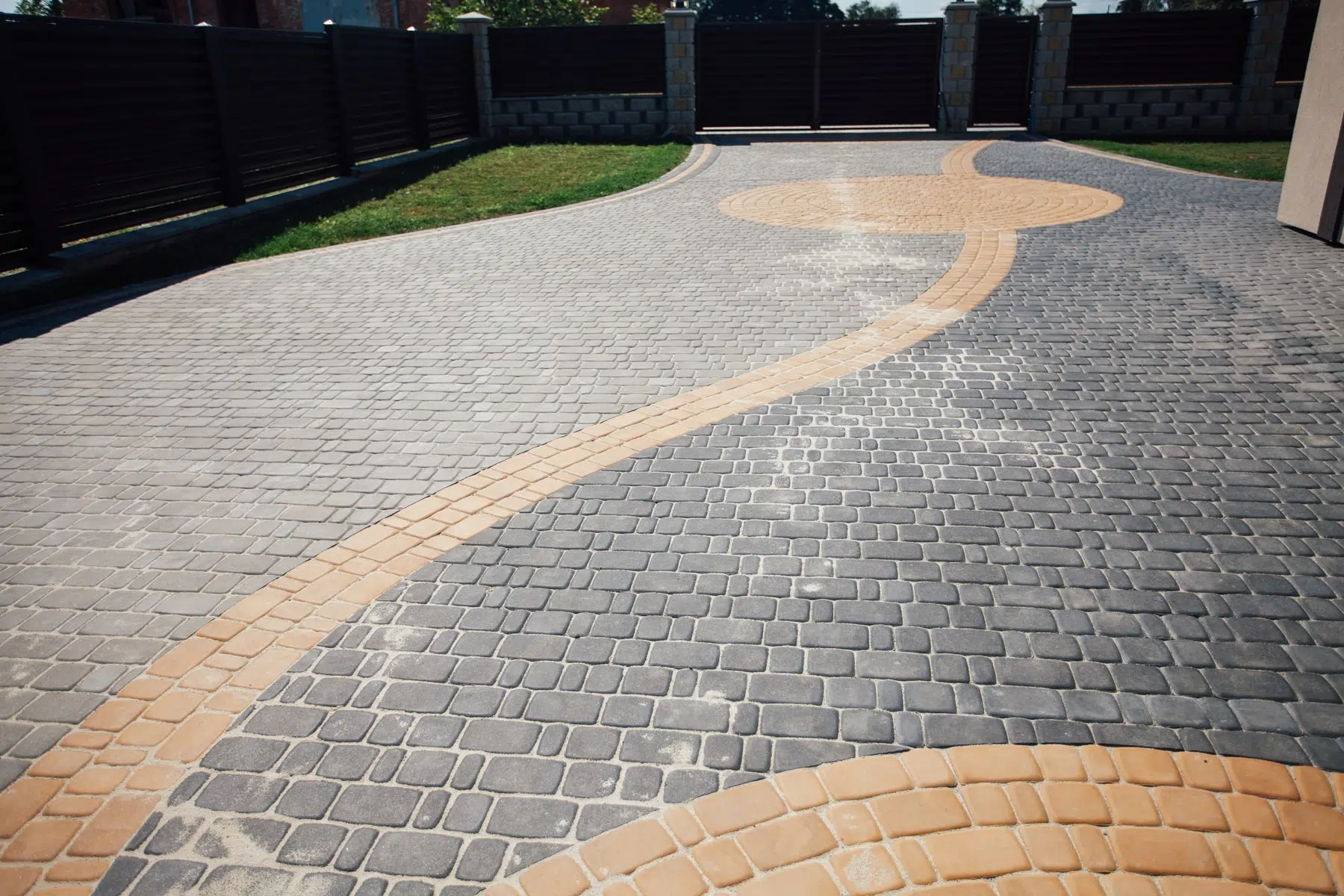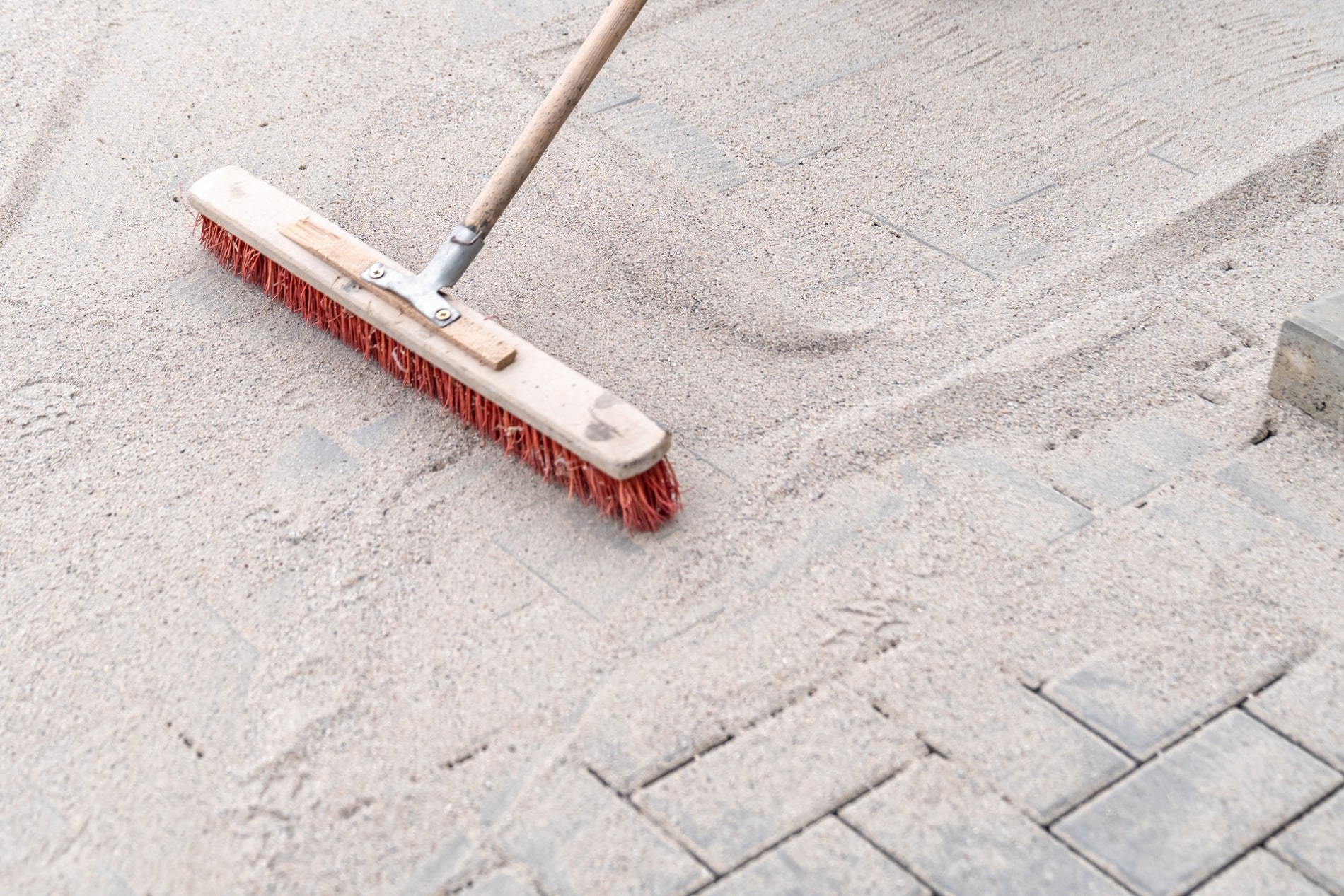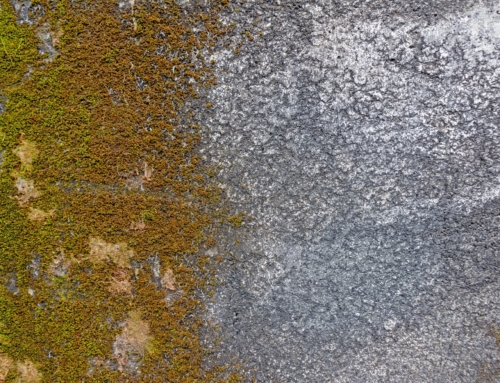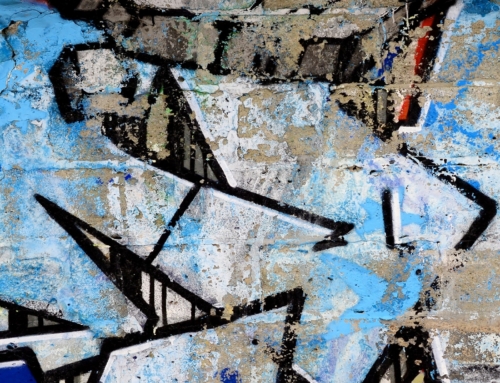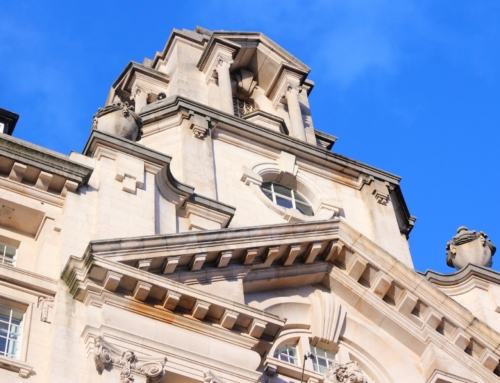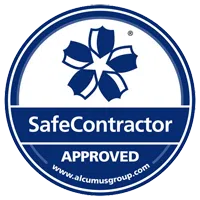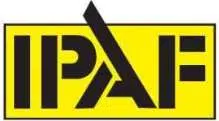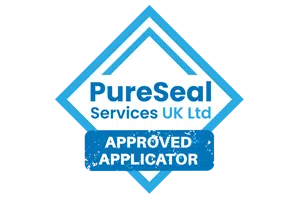Resanding driveways after jet washing (Surrey & London)
Do you want resanding driveway tips?
Driveways are often one of the first things people notice when visiting a property. By maintaining a clean driveway, it improves your home’s kerb appeal while ensuring the surface lasts for many years.
Jet washing your driveway is one of the most effective and fastest ways to get rid of dirt, stains and weeds. However, resanding some driveways is a must, ensuring joints are adequately filled for aesthetical and safety reasons.
Here’s everything you need to know about professional driveway resanding.
Why jet wash your driveway?
Jet washing is great for tasks like cleaning resin driveways. A clean drive is the answer to prolonging its lifespan and achieving good-looking property exteriors. It’s the easiest way to blast away stubborn debris like oil, grease, tyre marks, dirt and moss, ensuring the surface doesn’t become too slippery.
However, if you’ve jet washed certain types of surfaces, resanding is required to stabilise the joints between slabs. This includes bricks and block paving driveways, which consist of individual blocks made from clay, concrete or stone. The pavers are compacted into place with sand, so powerful jet washing can affect this.
What to do after jet washing block paving?
Knowing what to do after pressure washing driveway areas is key, so plan what will happen next. After your block paving has been jet washed, you’ll always need to assess the effect of the work and whether sand has come loose. Choose the best sand after jet washing drive and patio spaces have been thoroughly cleaned with a pressurised water jet.
If you decide to go ahead with driveway cleaning and sanding, hire a company that can do both for you if you want to avoid mistakes and ensure each task is completed as quickly as possible.
Should you resand block paving after pressure washing?
After jet washing a driveway, resanding the paving is essential. High-pressure jet washing can dislodge small amounts of sand between pavers, which acts as a stabiliser. Without it, the paving can shift slightly, become loose or produce an uneven surface.
To resand a driveway, the gaps will need to be filled with special joint sand to protect the structural integrity of the driveway. This can also stop annoying weed growth between paving and reduce erosion from rainwater penetration.
Should you resand your driveway yourself?
Some people resand their driveways themselves by buying the sand and brushing it onto the surface. However, to get the best results, attention to detail is required. Choosing the right sand is also important, as it should be dry, fine and designed to stabilise joints.
DIY driveway sanding is a time-consuming process requiring a lot of effort and know-how. If you’ve hired a professional jet washing company to clean your driveway, ask if they can resand your block paving once the surface is dry (if they offer this service). They will use the proper resanding techniques to ensure the filler is correctly applied and compacted. This creates an even surface with long-lasting results.
How to resand a driveway?
So, how to resand pavers after power washing? At Jet Wash Surrey, we resand driveway areas in a highly methodical manner. Resanding block paving always starts with cleaning the surface to remove debris like weeds coming through the surface and dirt stains. We’ll have usually already done this via our power washing process.
We’ll always wait until the surface is completely dry before using sand after pressure washing. The sand will be spread thinly and evenly over the surface, swept carefully into joints using a soft-bristled brush or broom. Sand can be compacted with a plate compactor or left to settle in joints.
Should you use kiln dried sand?
We often get asked what sand to use after pressure washing. The most recommended is kiln-dried sand to refill the joints between block paving. This type of product has actually been designed for this specific purpose, stabilising pavers, preventing weed growth and minimising water erosion.
Kiln-dried sand acts as a good barrier, making it more difficult for grass and weeds to grow between the blocks. The sand also stops rainwater from easily getting to the paver base, which can cause erosion and instability.
How long does polymeric sand last?
An alternative to kiln-dried sand is polymeric sand for paver joints. Polymeric sand lasts longer than kiln-dried, although proper installation and maintenance is required if you want it to last for around 5 to 10 years.
This type of sand contains additives that bind the grains together when wet for a more long-lasting, weed-resistant joint. However, it’s important to activate it properly – often with an official sealant.
Polymeric sand is suited to surfaces with heavy footfall and vehicle use, sloped patios and areas prone to water run-off. Kiln-dried sand is often preferred for domestic settings with light-use patios and driveways. Even with polymeric sand, you’ll need to inspect pavers after jet washing and re-sand where necessary.
How else can you look after a jet washed driveway?
After pressure washing and resanding a driveway, there’s some aftercare you can do to keep on top of its maintenance.
Regular sweeping removes debris like leaves and dirt that can cause stains and moss growth. Keep an eye on any joints with compacted sand, especially after stormy weather conditions. Some people also like to apply a special sealant to their driveway to protect it from stains and water penetration, making future jet washing easier.
Book regular driveway cleaning with a professional to provide a thorough pressure wash and resand.
Book driveway cleaning and resanding
Jet Wash Surrey operates across the area, including Cheam, Chertsey and Chessington.
We jet wash and re sand block paving throughout the locality. Sanding a driveway can be difficult to do yourself, but our experts are highly trained at what they do. We also get asked ‘can you jet wash resin driveways?’. And the answer is – 100% yes! We’ll tailor all jet wash driveway and jet wash patio solutions to your needs.
For a free driveway cleaning and resanding quote, call now on 020 8138 0184.
